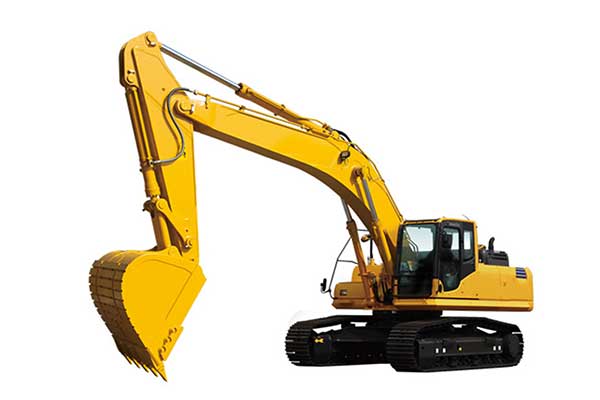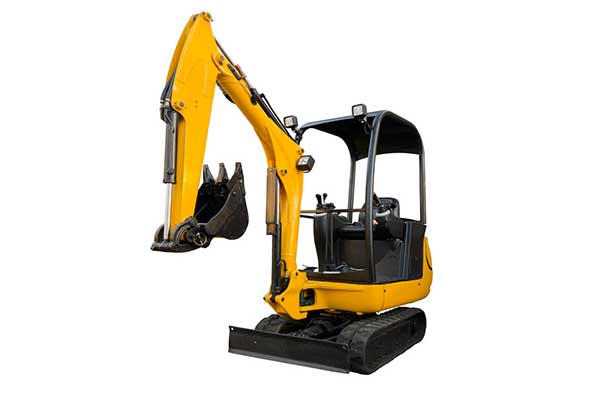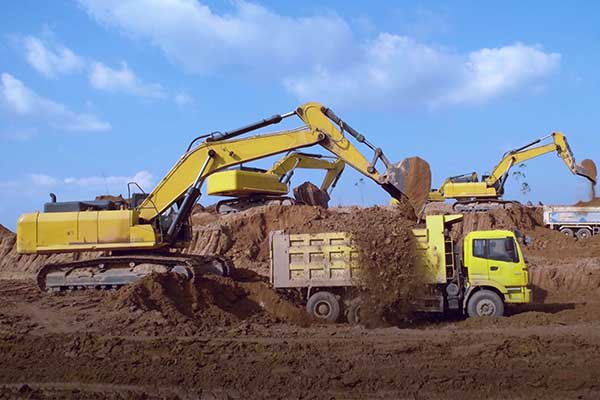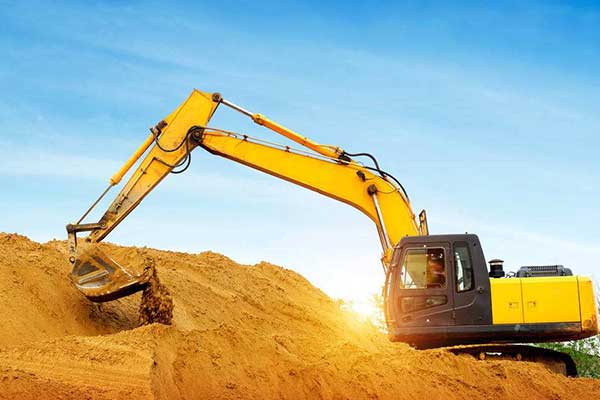Excavator vs Mini Excavator: How to Choose?
When it comes to heavy machinery for construction, landscaping, or excavation projects, choosing the right equipment can significantly impact efficiency, cost, and project timelines. Excavators and mini excavators are two popular options, each with distinct advantages and applications. In this comprehensive guide, we’ll explore the differences between excavators and mini excavators to help you determine which one is best suited for your needs.

What is an Excavator?
An excavator is a large, heavy-duty machine designed for a variety of tasks such as digging, lifting, and moving earth. They are characterized by their powerful hydraulic systems, long booms, and robust tracks or wheels, making them ideal for large-scale construction and demolition projects.
Key Features of Excavators
- Size and Power: Excavators typically range from 20 to 80 tons. They are equipped with powerful engines, capable of handling demanding tasks.
- Versatility: With interchangeable attachments like buckets, hammers, and augers, excavators can perform a wide range of functions.
- Depth and Reach: The long arm of an excavator allows for deep digging and extended reach, which is essential for large-scale excavations.
Common Applications
- Major construction projects
- Road building
- Mining and quarrying
- Demolition
- Large-scale landscaping

What is a Mini Excavator?
A mini excavator, also known as a compact excavator, is a smaller, lighter version of the standard excavator. Weighing between 1 to 10 tons, mini excavators are designed for projects that require precision and mobility in confined spaces.
Key Features of Mini Excavators
- Compact Size: Their smaller footprint allows them to operate in tight spaces where larger machines cannot fit, making them ideal for urban and residential projects.
- Maneuverability: Mini excavators are highly maneuverable, often featuring zero or near-zero tail swing, which reduces the risk of damage to surrounding structures.
- Ease of Transport: Due to their smaller size, mini excavators can be easily transported on trailers, reducing logistics costs and setup time.
Common Applications
- Residential construction
- Landscaping and gardening
- Small-scale excavation projects
- Utility installation and repair
- Indoor demolition

Comparing Excavators and Mini Excavators
Size and Power
Excavators:
- Large and powerful, suitable for heavy-duty tasks.
- Greater digging depth and reach.
- Best for extensive excavation and demolition projects.
Mini Excavators:
- Compact and agile, perfect for smaller jobs.
- Limited digging depth and reach compared to full-sized excavators.
- Ideal for projects in confined spaces.
Versatility and Attachments
Both excavators and mini excavators are versatile and can be equipped with various attachments to handle different tasks. However, the larger size of standard excavators allows for more powerful and larger attachments, making them suitable for more demanding applications.
Cost Considerations
Excavators:
- Higher initial purchase or rental cost.
- Greater fuel consumption.
- Higher transportation and operational costs.
Mini Excavators:
- Lower initial purchase or rental cost.
- Fuel-efficient and cost-effective to operate.
- Easier and cheaper to transport.
Accessibility and Usability
Excavators:
- Require more space to operate and maneuver.
- Best suited for open and expansive job sites.
Mini Excavators:
- Can navigate tight spaces and work in areas with restricted access.
- Easier to handle for operators, especially in residential or urban settings.

Making the Right Choice
Choosing between an excavator and a mini excavator depends largely on the specific requirements of your project. Here are some factors to consider:
- Project Scale: For large-scale projects involving extensive earthmoving or demolition, a full-sized excavator is the better choice. For smaller, more precise tasks, especially in confined spaces, a mini excavator is more appropriate.
- Job Site Conditions: Consider the terrain and accessibility of your job site. If space is limited or the project is in a densely populated area, a mini excavator’s compact size and maneuverability will be advantageous.
- Budget: Assess your budget for equipment rental or purchase. Mini excavators are generally more affordable and cost-effective, making them suitable for smaller projects or businesses looking to save on operational costs.
- Transport and Logistics: Think about how you will transport the machinery to the job site. Mini excavators, due to their smaller size, are easier and cheaper to transport.
In conclusion, both excavators and mini excavators have their unique strengths and are invaluable assets in the construction and excavation industry. By understanding the differences and evaluating your project’s specific needs, you can make an informed decision that maximizes efficiency and cost-effectiveness. Whether you opt for the raw power of a full-sized excavator or the agility of a mini excavator, the right choice will ensure your project’s success.
RoadSky and Excavators
RoadSky is an excavator supplier from China, with a wide range of product models and sizes to meet the needs of small to large projects. If you are looking for these products for your project, you can contact us directly for more information.
Fill The Form Below, and our sales representatives will be in touch with you shortly.

